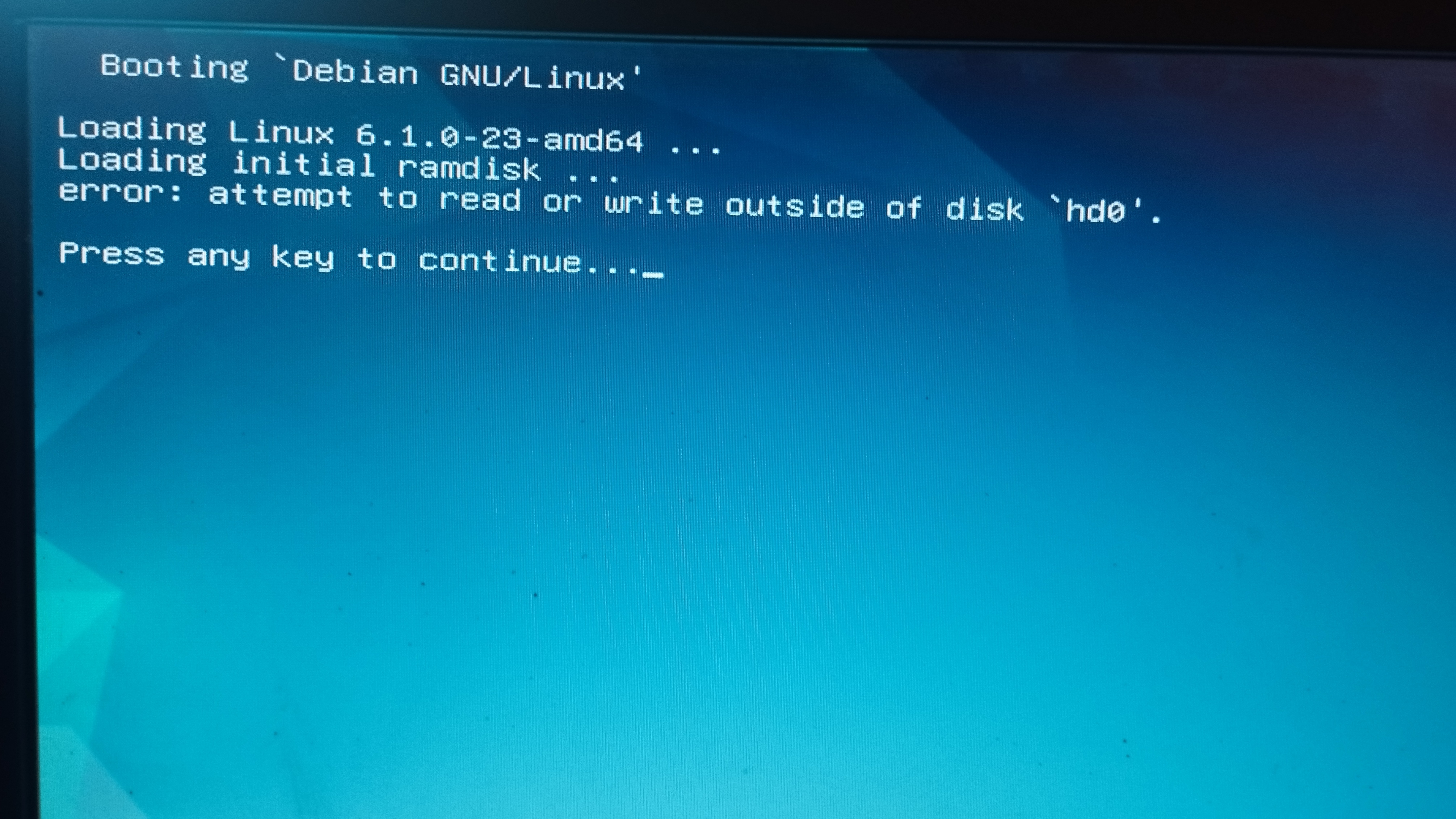this post was submitted on 17 Jul 2024
133 points (97.2% liked)
Linux
48924 readers
1084 users here now
From Wikipedia, the free encyclopedia
Linux is a family of open source Unix-like operating systems based on the Linux kernel, an operating system kernel first released on September 17, 1991 by Linus Torvalds. Linux is typically packaged in a Linux distribution (or distro for short).
Distributions include the Linux kernel and supporting system software and libraries, many of which are provided by the GNU Project. Many Linux distributions use the word "Linux" in their name, but the Free Software Foundation uses the name GNU/Linux to emphasize the importance of GNU software, causing some controversy.
Rules
- Posts must be relevant to operating systems running the Linux kernel. GNU/Linux or otherwise.
- No misinformation
- No NSFW content
- No hate speech, bigotry, etc
Related Communities
Community icon by Alpár-Etele Méder, licensed under CC BY 3.0
founded 5 years ago
MODERATORS
you are viewing a single comment's thread
view the rest of the comments
view the rest of the comments

Hi, it would be useful to know what kind of device you are installing on. For a laptop the model and make would be especially useful. If it is a PC then the drive configuration would be interesting (what kind of drive, how many etc.)
It's a PC. Two Hard Disk Drives
1st Drive: SATA:PM-KINGSTON S
2nd Drive: SATA:SM-ST500LT012
edit: 1st one is of around 138GB, 2nd one has around 500GB
Ok, that looks like a fairly standard setup. I guess taking a look at the boot loader itself would be the next step. When you see the Debian bootloader you could try pressing 'e' to view what commands it uses internally to boot. The lines starting with "linux" and "initrd" would be most interesting.
So it still uses a MSDOS partition table, interesting. This usually only happens on systems that do not support EFI at all.
Is your BIOS and main board fairly old per chance?
Yeah, around 14 years old lmao